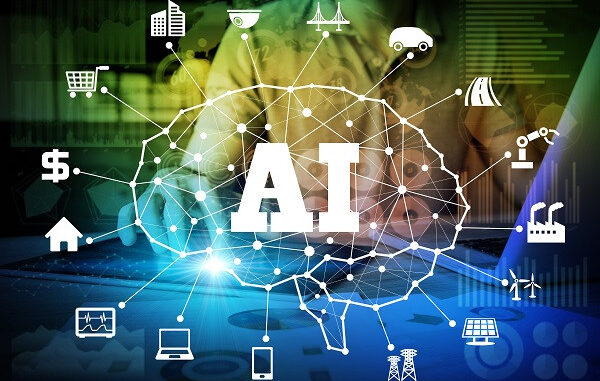
Repetitive and Routine Tasks: AI excels at automating tasks that are repetitive, rule-based, and data-heavy. This includes things like data entry, basic customer service inquiries, and certain types of analysis.
Impact: This leads to increased efficiency and productivity for businesses. However, it also raises concerns about job displacement in roles heavily reliant on these tasks.









2. Augmentation of Human Capabilities:
AI as a Tool: Rather than replacing humans entirely, AI is increasingly being used as a tool to augment human capabilities. This means AI helps people do their jobs better and more efficiently.
Examples: AI can assist with tasks like:
Analyzing large datasets to provide insights for decision-making.
Generating creative content or code.
Personalizing customer experiences.
Providing real-time language translation.
Impact: This allows workers to focus on higher-level tasks that require creativity, critical thinking, and complex problem-solving.
3. Creation of New Jobs:
Demand for AI-Related Skills: The development, implementation, and maintenance of AI systems will create new job opportunities in fields like:
AI research and development
Data science and analytics
AI ethics and governance
AI training and education
Evolving Roles: Existing roles will also evolve to incorporate AI tools and require new skill sets.
4. Shift in Required Skills:
Emphasis on “Human” Skills: As AI takes over routine tasks, there will be a greater demand for skills that are uniquely human, such as:
Critical thinking and problem-solving
Creativity and innovation
Communication and collaboration
Emotional intelligence and empathy
Adaptability and lifelong learning
Importance of Digital Literacy: Workers will need to be comfortable working with AI tools and understanding their capabilities and limitations.
5. Potential Challenges:
Job Displacement: While AI will create new jobs, there is a risk of job displacement in certain sectors. It’s crucial to address this through retraining and upskilling programs to help workers transition to new roles.
Skills Gap: There may be a mismatch between the skills workers currently have and the skills employers need in an AI-driven economy.
Ethical Concerns: Issues like bias in AI algorithms, data privacy, and the potential for misuse of AI need careful consideration and regulation.
In Conclusion:
AI is transforming the future of work in significant ways. It presents both opportunities and challenges. By embracing AI as a tool for augmentation, focusing on developing uniquely human skills, and proactively addressing potential challenges, we can ensure a future of work where humans and AI work together to achieve greater productivity, innovation, and societal benefit.


Leave a Reply